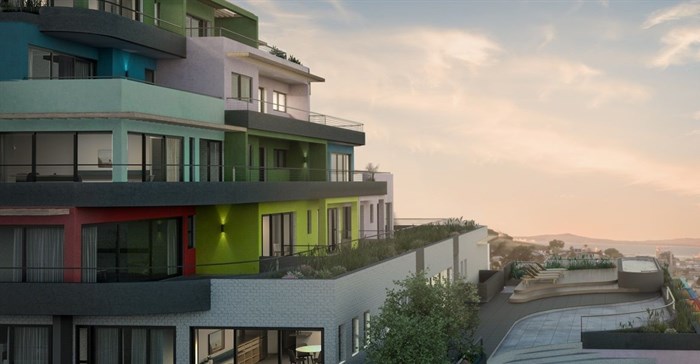
Top stories






More news


















Logistics & Transport
Uganda plans new rail link to Tanzania for mineral export boost










The 80:20 inclusionary model is built upon extensive local and international research and looks to adapt the current model, in which housing solutions in well-located urban areas are being provided at the lowest and uppermost ends of the market but leaving the millions of households in the middle out. The aim is to enable developers to deliver a more diverse mix of housing in these areas. It exemplifies inclusionary housing, which are homes supplied by the private sector to a market that would not have had access to the development and/or the area within which the development takes place.
This approach depends upon unlocking potential bulk on existing sites already earmarked for development to add more apartments to the original scheme, some of which will be sold at a more affordable price through an audited, open draw system. This is because the sale of the apartments in the originally planned-for scheme have been sold on the open market at market-related values to subsidise the land, finance and planning costs of the more affordable ones. For every inclusionary home built using the additional bulk, Blok will be building the equivalent amount in open market units.
To ensure that the strategy behind the 80:20 inclusionary model is tested, part of this process is to engage with the City of Cape Town, architects, town planners, social housing specialists, the community and community leaders to clearly ascertain issues and needs. Community workshops, called Urban Working Groups (UWGs), have been held, yielding a wide variety of insights spanning from economic and social to legal and financial. Once the workshops have concluded, understandings that emerge will be incorporated into the ongoing and organic strategy behind the model.
The goal is to evolve a model that can be used to illustrate the potential role of developers in shaping the city and to create awareness around their ability to undertake similar projects that will begin to assist in contributing well-located, inclusionary urban housing that is targeted at the stretched middle market.
Rashiq Fataar of Future Cape Town, a consultant to Blok on the model, adds: “Inclusionary housing models that enable more diverse income groups to live in well-located parts of the city, such as the one being piloted by Blok, are a key component in building a more integrated and sustainable Cape Town. The imperative here is to not only devise such a model, but to deliver a project from which several learnings can be passed onto other developers and future projects. The complex urban challenges presented in South African cities rest on private, public and community co-operation, as illustrated by the Forty on L project."
The success of the 80:20 inclusionary model will be subject to the city’s approval, which will also dictate Blok’s next steps.